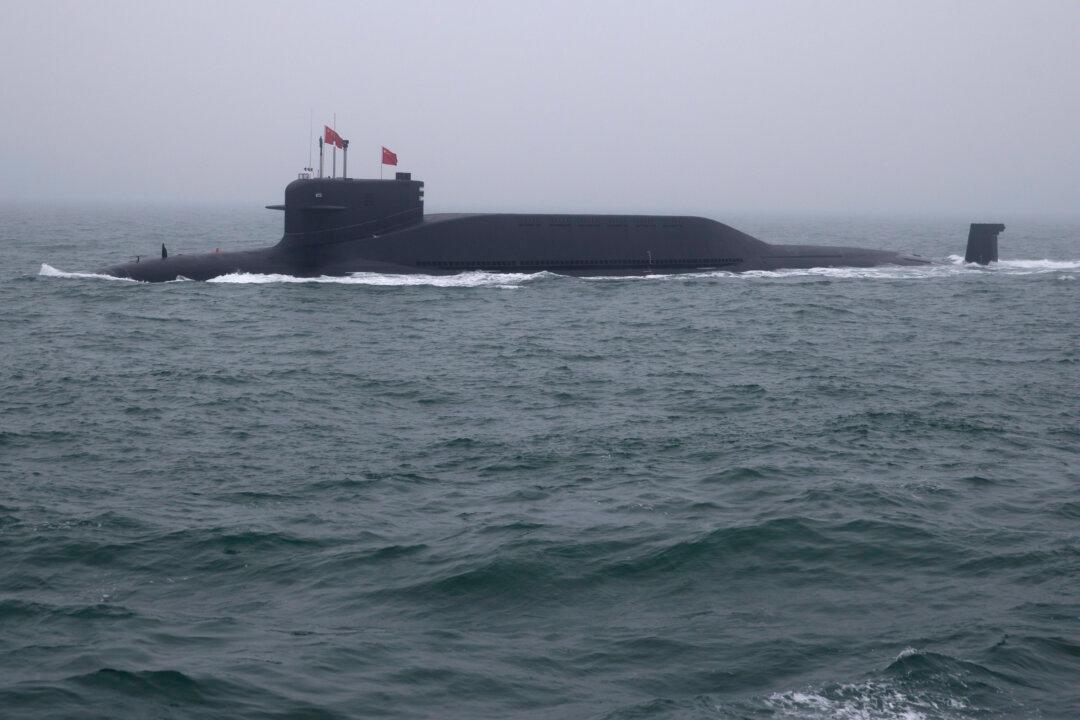An online video threatening that China should nuke Japan was reposted by the CCP Committee of Baoji city in Shaanxi Province on its Xigua social media channel.
“Our general guiding ideology is: when we liberate [occupy by force] Taiwan, if Japan dares intervene by force, even if it only sends one soldier, one plane, or one ship, we will start a full-scale war against Japan, rather than return an equal fire,” stated the video that was first published by the military commentary channel Liujun Taolue on July 11. “We will use nuclear bombs first, then will use nuclear bombs continually. We won’t stop until Japan announces unconditional surrender for the second time.”





